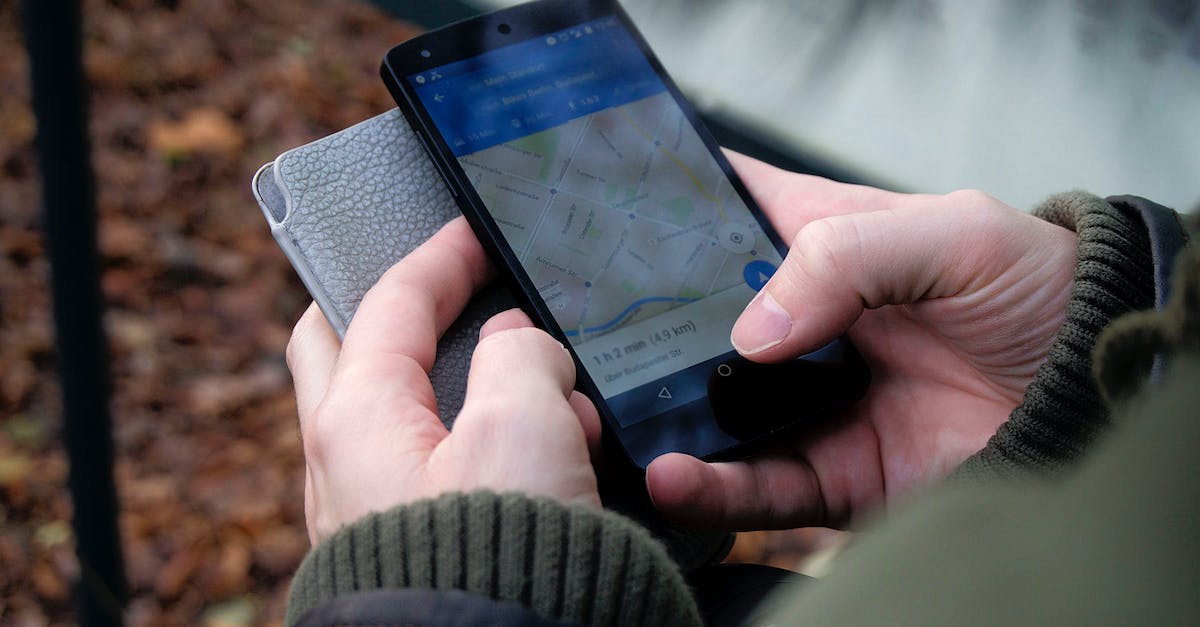Journalist Aoife Moore, who specializes in exploring the negative aspects of dating apps, points out the alarming absence of rules in the world of online dating. Even though dating apps have become a significant aspect of modern relationships, they have yet to adopt protective features for at-risk users. This lack of regulation and safety measures exposes vulnerable individuals to potential harm, both emotionally and physically, as they navigate digital romance. It is crucial for developers, stakeholders, and users alike to acknowledge these shortcomings and push for the implementation of safeguards, ultimately prioritizing the well-being and security of those seeking connections on these platforms.
Account Verification and Its Impact on User Experience
Moore questions why app creators haven’t made account verification mandatory, considering the technology is easily accessible. At present, platforms such as Tinder provide optional photo verification without any assurances of genuineness. Moore suggests that implementing mandatory account verification could significantly reduce the prevalence of fake profiles, catfishing, and other deceptive practices on these platforms. Additionally, this would ultimately enhance user experiences by fostering greater trust and authenticity among the community members.
Regulation and Online Dating Hazards
The lack of regulation paves the way for hazards like catfishing, fraudulent romances, identity theft, and image-based abuse. Victims of love scams might be too ashamed to expose the offense, enabling the offenders to carry on with their malicious conduct. Moreover, this reluctance to report such incidents makes it difficult for authorities to track and apprehend these online perpetrators. Additionally, it allows similar situations to persist, ultimately putting more vulnerable individuals at risk of falling for these emotional and financial manipulations.
Embracing Vulnerability in Online Dating Encounters
Moore stresses that the embarrassment linked with vulnerability must not stop individuals from sharing experiences related to online dating encounters. In fact, embracing vulnerability and openly discussing online dating experiences can serve as a learning opportunity for both the sharer and the listener. Honest conversations about online dating not only normalize the fact that it has become an increasingly common way to meet potential partners, but also promote a culture of support and empathy among individuals who may face similar challenges in their romantic pursuits.
Technology Advancement and the Need for Evolving Regulatory Systems
With the advancement in technology, Moore recognizes the necessity for regulatory systems and support structures to evolve at a similar pace. This rapid evolution ensures that emerging technologies are used responsibly and ethically, while also addressing potential threats to safety and privacy. Furthermore, the development of comprehensive frameworks can facilitate the growth and integration of these technologies, ultimately leading to a more efficient, innovative, and secure future.
Increasing Dependence on Online Communications and the Need for Safer Environments
She remarks that the growing dependence on online communications makes users more prone to abuse and risks. Additionally, she emphasizes the need for safer online environments and urges individuals to be more conscious of their online interactions. She also advises implementing diverse security measures and digital literacy programs in order to mitigate these risks and protect users from potential harm.
Reinforced Security Measures and User Awareness in Dating Apps
Therefore, Moore calls for reinforced security measures and increased awareness among dating app users. Additionally, Moore emphasizes the importance of implementing multi-factor authentication and frequent updates to privacy policies across these platforms. Users should also be proactive in assessing their own safety, educating themselves about the warning signs of online scams, and taking the necessary precautions to minimize risks.
FAQs
Why hasn’t account verification become mandatory on dating apps?
Although technology for account verification is readily available, app creators have not made it mandatory for users. Some platforms provide optional photo verification without ensuring complete genuineness. The reasons for this may vary, but implementing mandatory verification could help reduce fake profiles and deceptive practices, ultimately improving the user experience on these apps.
What are some potential dangers of online dating due to lack of regulation?
Lack of regulation can lead to hazards such as catfishing, fraudulent romances, identity theft, and image-based abuse. This puts vulnerable individuals at risk, both emotionally and financially, due to potential manipulation by online perpetrators.
What can be done to reduce the risks and dangers associated with online dating?
To reduce these risks, it is important to implement mandatory account verification, reinforce security measures, and increase user awareness. Multi-factor authentication and updating privacy policies regularly can help protect users. Additionally, individuals should proactively educate themselves about the warning signs of scams and take necessary precautions to minimize risks.
Why is it important to openly discuss online dating experiences?
Embracing vulnerability and sharing experiences related to online dating can serve as learning opportunities. Honest conversations about online dating can normalize its increasing prevalence, and promote a culture of support and empathy among individuals facing similar challenges in their romantic pursuits.
How can technological advancements help create a safer online dating environment?
As technology evolves, regulatory systems and support structures must keep pace to ensure responsible and ethical usage. Comprehensive frameworks can facilitate the growth and integration of technologies, ultimately leading to more efficient, innovative, and secure online environments. This includes implementing diverse security measures and digital literacy programs to protect users from potential harm.
First Reported on: rte.ie
Featured Image Credit: Photo by Ingo Joseph; Pexels; Thank you!













